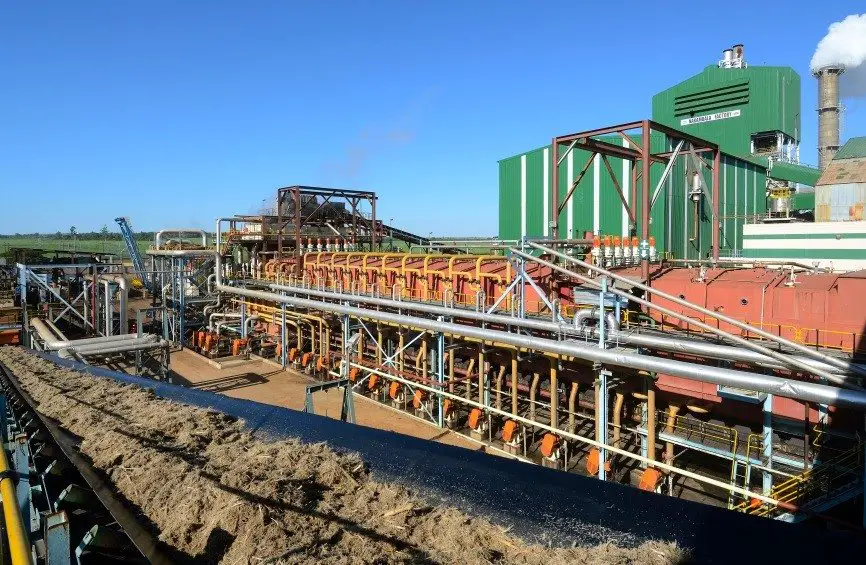As the ongoing drought continues to impact the sugar industry, millers continue to place a high priority on maintenance programmes in order to avoid unforeseen and costly downtime. Range of industrial and protective coatings from Kansai Plascon play an essential role in ensuring peak asset performance in a highly-corrosive environment.
Kansai Plascon supplies anti-corrosion solutions to sugar millers and refiners in the R12-billion South African sugar industry, as well as neighbouring countries such as Malawi, Mozambique and Zambia. According to Kansai Plascon industrial and protective coatings brand manager Mareta le Roux, the implementation of anti-corrosion measures on machinery is essential in this type of industry.
“We have been involved in sugar mills and refineries since the early 1990s, while working hand in hand with the producers, who have their own specifications regarding the mild steel machinery used at mills. This has enabled our technical specialists to provide optimal specifications for the micro and macro environments within the operating areas most likely to corrode,” she explains.
Le Roux indicates that evaluating the conditions remains the first and most important step in determining which solutions should be used to slow corrosion. “We ensure that a Kansai Plascon technical specialist visits the site with the in-house engineer of the sugar company to establish what the coating requirements are,” she continues.
What’s more, the Kansai Plascon technical team takes into account the life expectancy of the machinery, what needs to be coated and the overall budget of the mill. Le Roux says that most mills use mild steel machinery. “We therefore test and evaluate our new specifications regarding the composite the company uses and incorporate them according to the requirements.”
A sugar mill in KZN, which has been exposed to corrosion caused by daily operations and sea spray, has opted for Plascotuff 3000 and Plascothane 9000 Tint. Plascotuff 3000 is a two-component, high-build and solids surface tolerant epoxy coating for a variety of substrates that include lightly corroded, hand and mechanically prepared, abrasive blast-cleaned and hydro blasted steel. Plascothane 9000 Tint is a dual-pack polyurethane acrylic enamel used on mild steel machinery.
Le Roux stresses the importance of establishing a network of trusted contractors that are experienced in applying appropriate coatings to several of the external components in the sugar mill. These include piping, floors, structural steel and the outside of tanks, as well as minor operations such as the mill’s handrails.
Contractors are subjected to a tender process, during which their methods are evaluated. Plascon accreditation is subsequently awarded, should the work be of a high quality. “Several contractors in the industry are approved by Plascon and when a tender is assigned, we remain part of the labour process, as we check all the processes involved where our products are applied,” adds le Roux.
This includes ensuring that the surface preparation such as abrasive blasting has been completed correctly before the company monitors how the primer is applied. Le Roux states that Plascon also ensures that the dry film thickness of the coating meets the client’s requirements, with a full inspection conducted after the application. “The company also provides a report regarding the work completed to the sugar producer after all the prerequisites have been met,” she concludes.

Leave a Reply